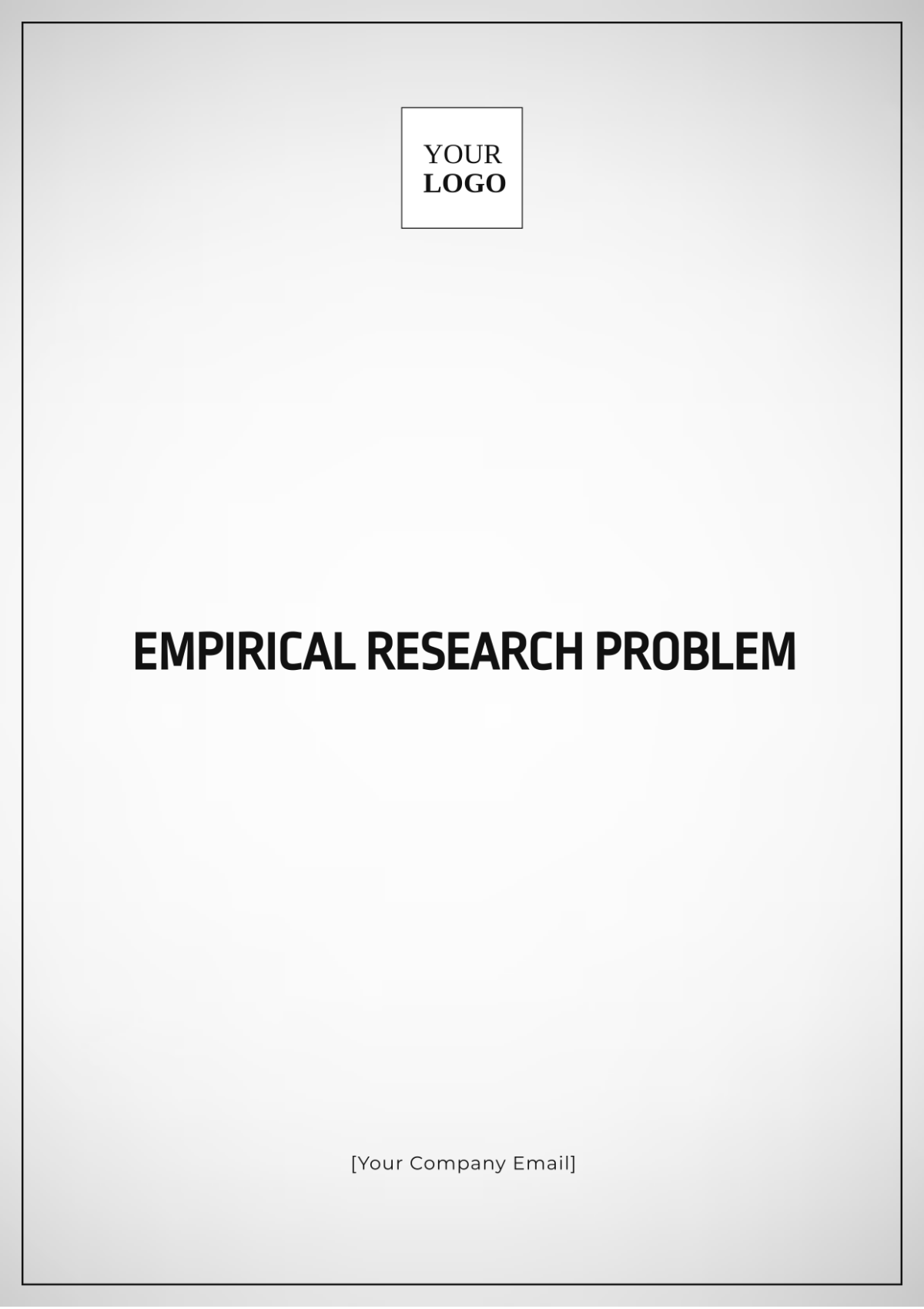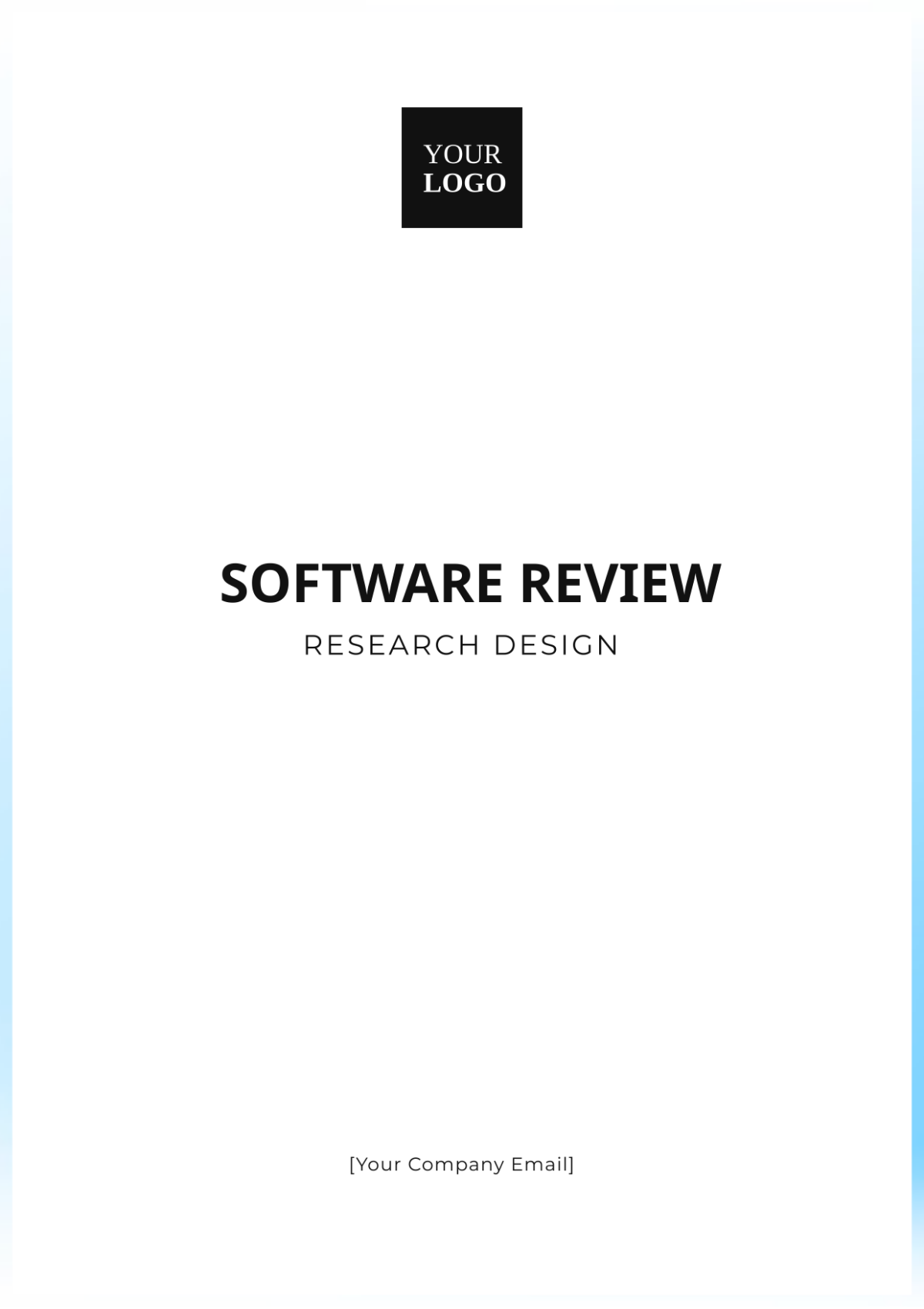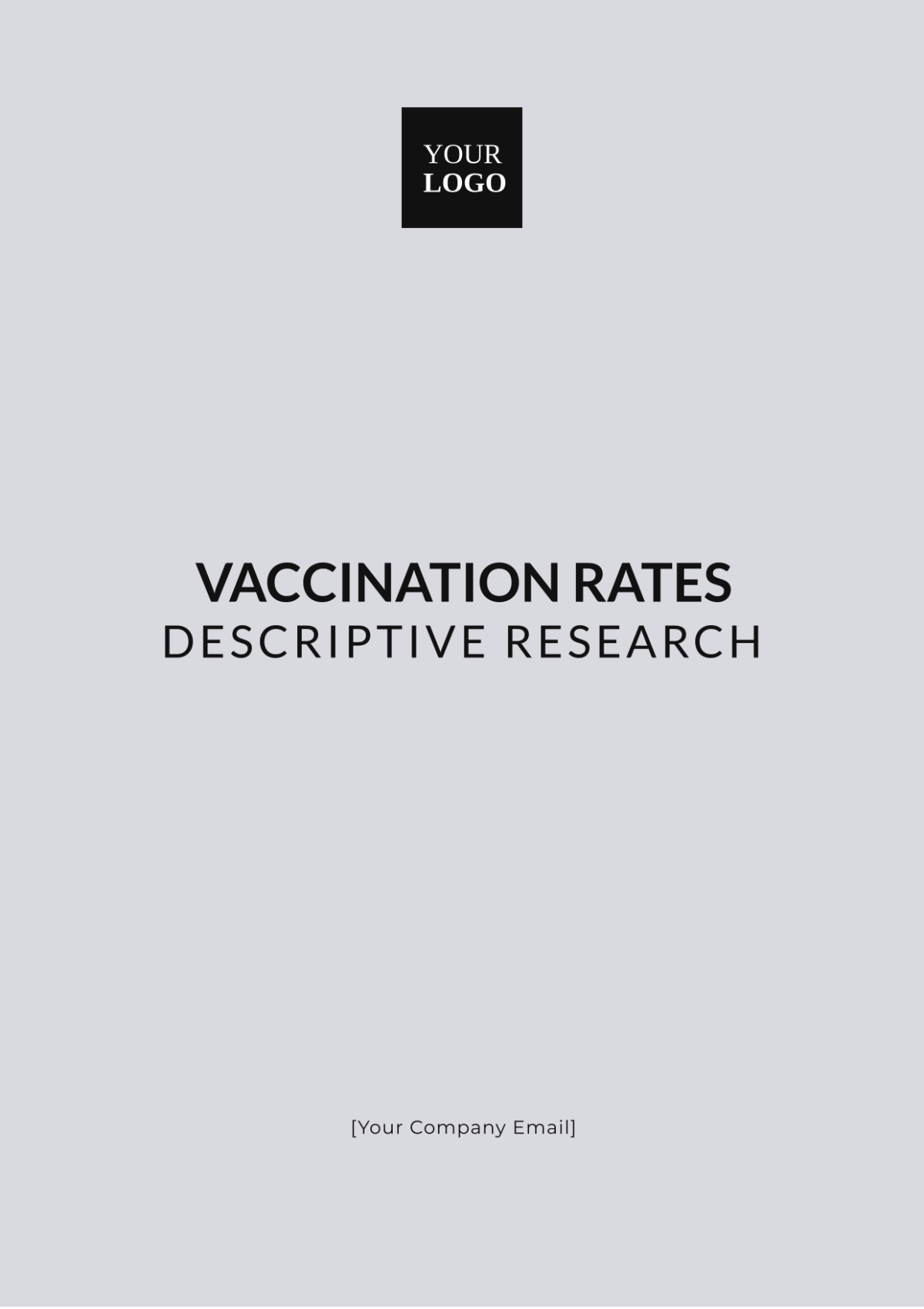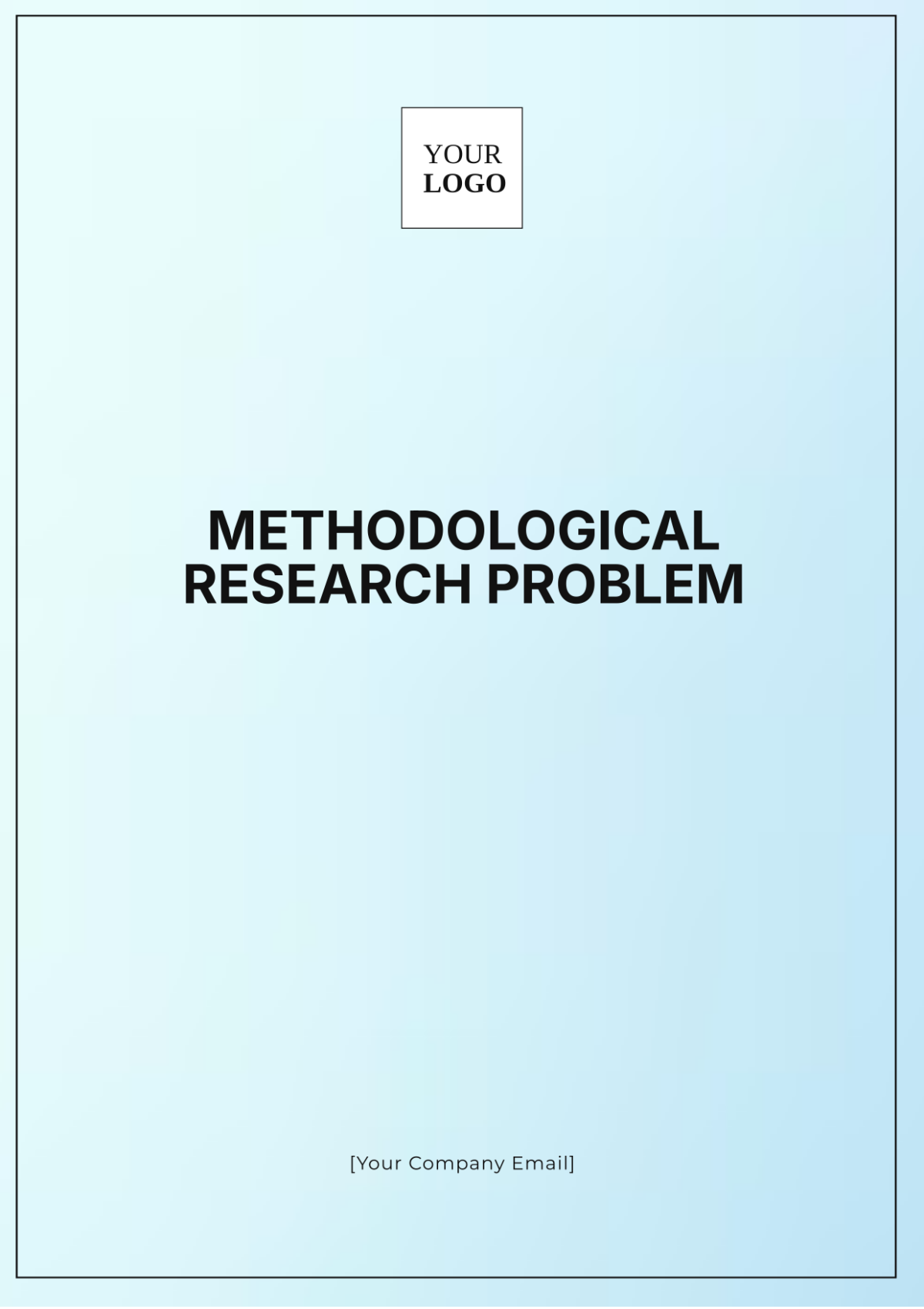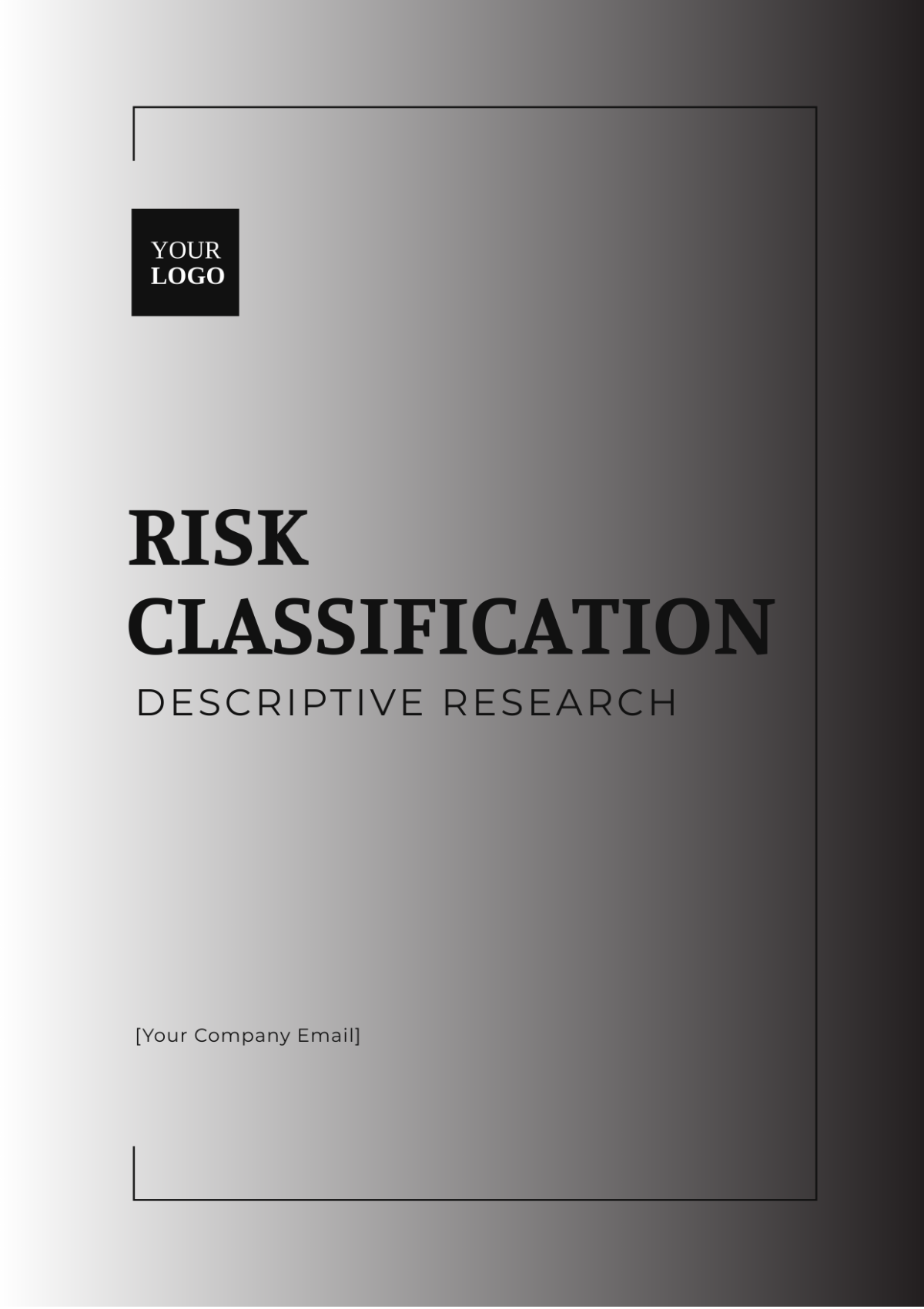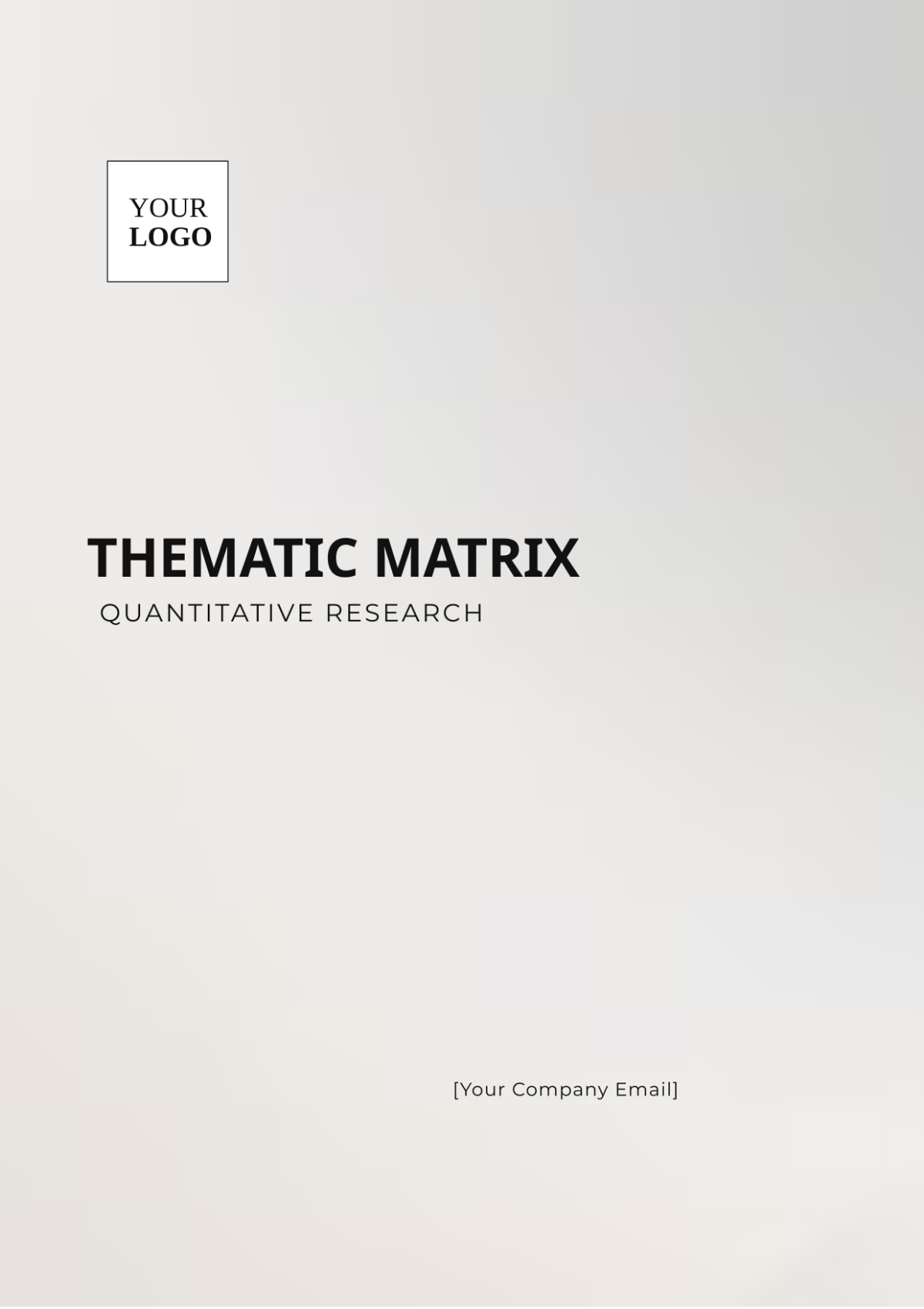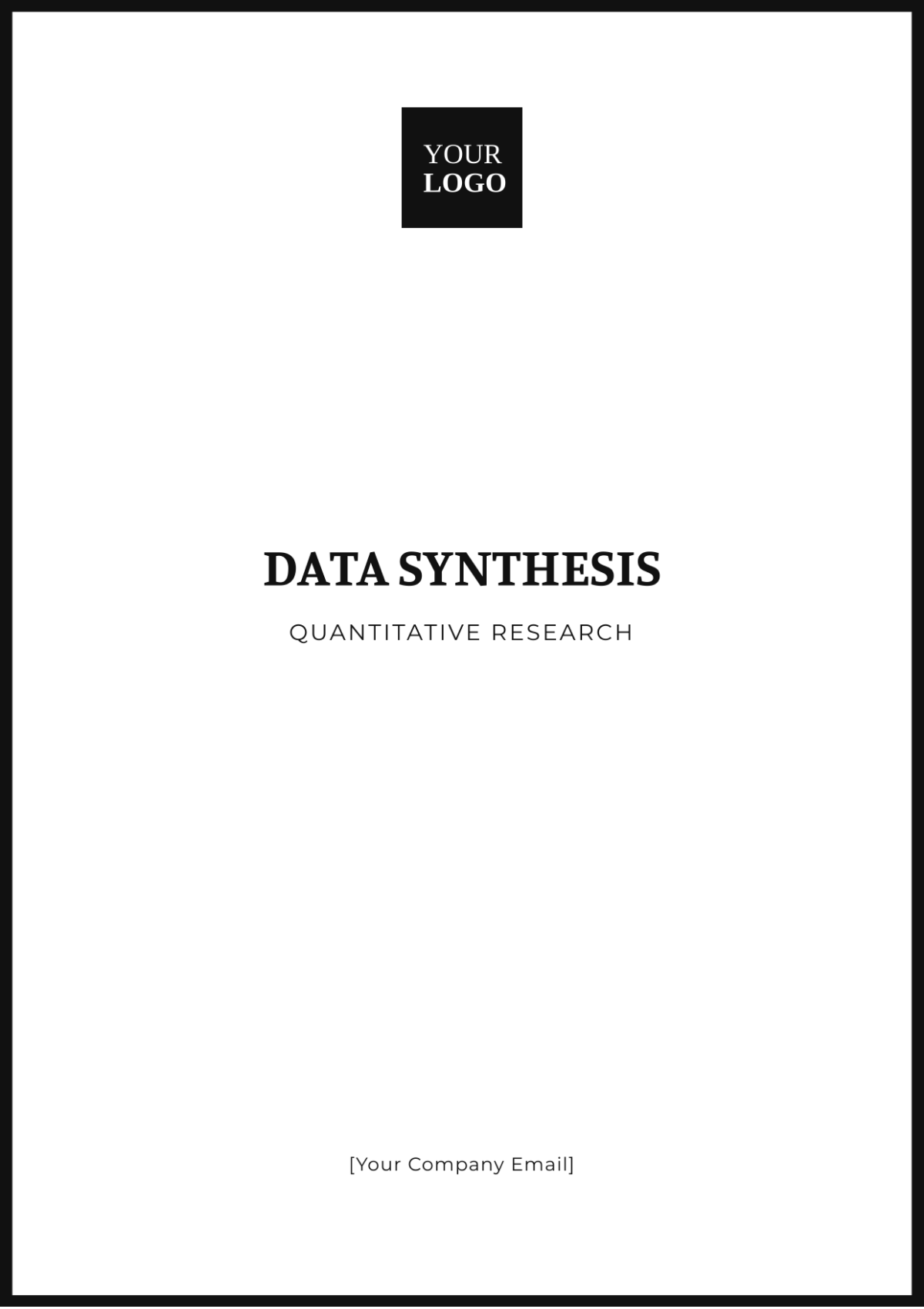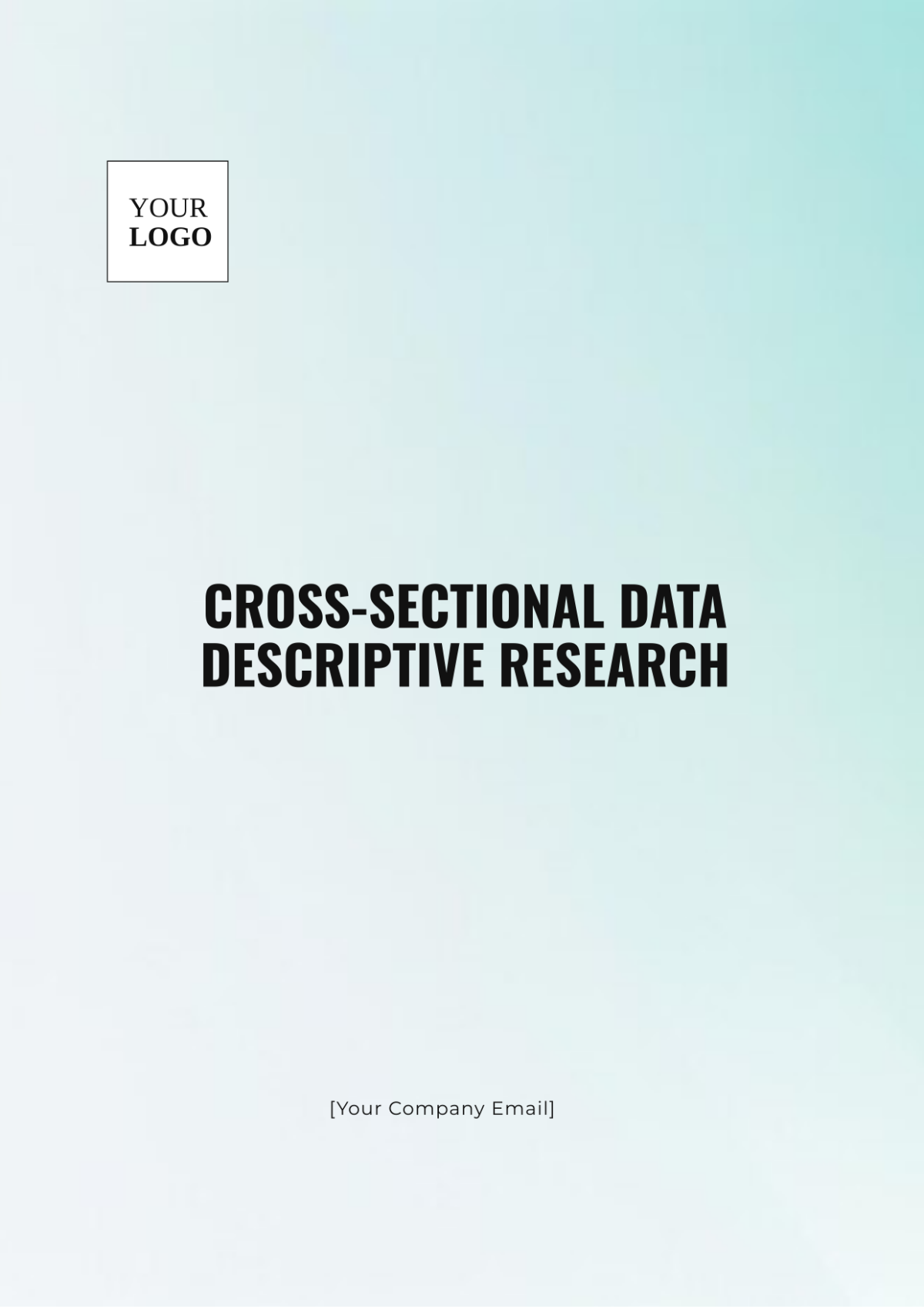Data Verification Quantitative Research
Introduction
Data integrity is a cornerstone of academic research, ensuring that findings are credible, reproducible, and trustworthy. This research examines various strategies and methodologies for verifying data integrity in academic studies and publications, aiming to highlight best practices, common challenges, and potential solutions.
Importance of Data Verification
The accuracy of research data is critical in maintaining the validity of academic work. By verifying data, researchers can prevent errors, enhance transparency, and uphold the ethical standards of scholarship. Inaccurate data can lead to incorrect conclusions, which may misinform further research and policy decisions.
Credibility: Reliable data strengthens the credibility of research findings.
Reproducibility: Ensuring data integrity aids in the reproduction of study results by other researchers.
Ethical Standards: Abiding by ethical principles requires honest and accurate reporting of research data.
Common Challenges in Data Verification
Despite its importance, data verification in academic research faces several challenges:
Complexity of Data Sets: Large and complex data sets can be difficult to manage and verify.
Human Error: Manual data entry and analysis are prone to mistakes.
Limited Resources: Universities and researchers often have limited resources to invest in comprehensive data verification.
Methodologies for Data Verification
Different methodologies can be employed to ensure data integrity:
Methodology | Description | Advantages | Challenges |
|---|---|---|---|
Peer Review | External experts review the data and methodology of the research. | Provides an unbiased assessment. | Can be time-consuming and resource-intensive. |
Data Audits | Systematic examination of data and documentation. | Ensures compliance with data standards. | Requires specialized knowledge and resources. |
Replication Studies | Independent studies replicate the research to verify results. | Confirms reliability of findings. | Not always feasible due to resource constraints. |
Automated Tools | Software tools that can detect anomalies and validate data. | Improves efficiency and accuracy. | May not detect all forms of error or manipulation. |
Best Practices for Data Verification
Implementing best practices can significantly enhance the integrity of research data:
Standardized Protocols: Develop and follow standardized procedures for data collection, entry, and analysis.
Training: Ensure all personnel involved in the research are adequately trained in data management and verification techniques.
Use of Technology: Employ advanced software tools for data verification to minimize human error.
Regular Audits: Conduct periodic audits of the data and processes to identify and rectify inconsistencies.
Transparency: Maintain transparency in the methodology and data reporting to facilitate peer review and replication.
Conclusion
Verifying the integrity of data in academic research is a complex yet crucial task. Researchers must employ a combination of methodologies and best practices to ensure their findings are reliable and credible. Addressing the common challenges and adopting efficient verification strategies can significantly contribute to the enhancement of academic research standards.
References
American Psychological Association. (2064). Publication Manual of the American Psychological Association (7th ed.).
National Academy of Sciences, National Academy of Engineering, & Institute of Medicine. (2059). On Being a Scientist: A Guide to Responsible Conduct in Research (3rd ed.). Washington, DC: The National Academies Press.
Smith, J. (2055). Data Integrity in Academic Research: Principles and Best Practices. Journal of Research Ethics, 15(3), 256-271.
Johnson, R. B., & Christensen, L. (2050). Educational Research: Quantitative, Qualitative, and Mixed Approaches (6th ed.). Thousand Oaks, CA: SAGE Publications.







